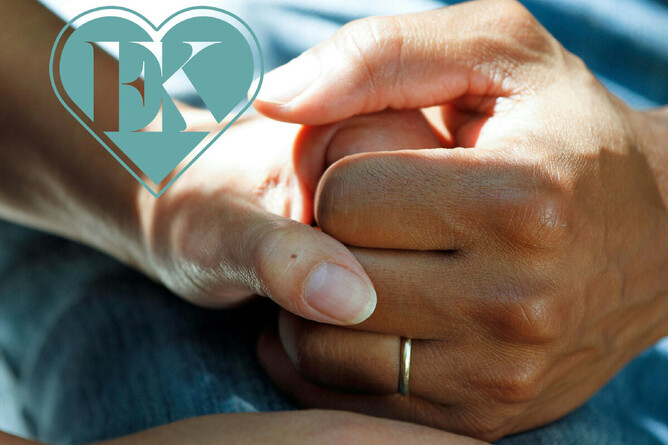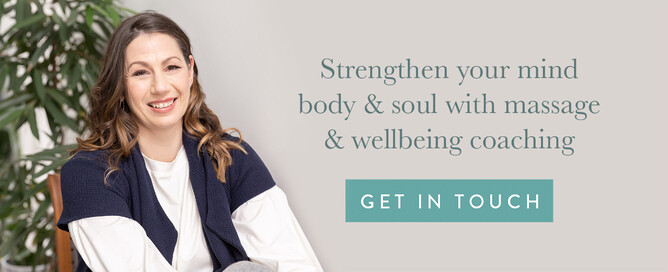Why demonising carers and cutting back their support should be the last thing we do.
It made me, and many others, feel sad when Disability Issues Minister Penny Simmonds suggested carers were abusing “public money” (disability support) on massages and pedicures – as if massages were a waste of money. The reason why this makes me sad is because I know from personal experience, and through my clients, the benefits a massage gives to carers.
We think it’s offensive and wrong that the Minister is painting carers as people who are trying to rip off the system, when carers are at high-risk of feeling isolated, exhausted, overstretched, and close to burnout. If anyone deserves a massage and some TLC, it’s carers.
I can imagine how many of you hard-working caregivers saw this news and felt disappointed and undervalued – maybe even depressed and angry. It’s unfair and a backwards step.
It has taken time and a lot of effort from wellbeing professionals and others to help normalise the idea we should prioritise our self-care. To step away from the idea that this is ‘selfish’ can still be hard for some of us. To then see people in influential positions try to reverse the narrative is tough. The outcomes to this kind of U-turn can only be negative.
We still all know someone who pushes themselves too hard – whānau, friends or colleagues who believe this is the only way. It is unhelpful and unhealthy for us to return to our parents and grandparents’ ways of being, letting ourselves get to the point of exhaustion and burnout before making a lifestyle change. Sometimes, sadly, this is a point we can’t return from.
Your amazing work needs you to feel nurtured, cared for and strong enough to keep going.
We must look after ourselves first to be able to continue to care for someone else. I can’t stress enough how important this is. I have met parents and caregivers – through my massages and coaching – who have reached breaking point while trying to support their neurodivergent, disabled or high-health-needs children.
They love their children and give their all as caregivers. But, speaking from my own experience, the stress on a carer’s mind and body can be huge as they often take on the roles of: “nurses and doctors and teachers… jobs that professionals are paid to do, and that we're not qualified to do…We just want to be parents."
A massage is not a frivolous luxury – we shouldn’t be made to feel it is. To make time for yourself through massage is not self-indulgent. You work hard, for some of you I know this job is all day every day. We can’t continue to give without putting anything back in the tank.
Caring can be physical, either through lifting, showering and transporting; or in the way that high levels of stress make you hold yourself. You know the feeling, shoulders up – neck, shoulders and upper back muscles tense and painful. It is also psychological. Always putting another person before yourself, the impact on your ability to earn and financial strain, disturbed sleep, pressure on relationships – and these are only a small selection.
A massage – along with that time out in a peaceful space – can help with those feelings. The idea that this is non-essential is just not right or fair on a group of people who make an amazing difference through the work they do.
Here’s what sources I respect say about how massages help us to feel better.
In 2018 Time magazine cited an Australian study which shows that a massage reduces the stress hormone cortisol by up to 31 per cent. And feel-good hormones like dopamine and serotonin increase by 30 per cent. This goes to show the facts are out there, psychologically massages help us to feel better – it’s not only those aching muscles.
Physically we see this in action in our automatic response when we bump ourselves – we go to rub that spot because we know it helps us feel better.
The Mayo Clinic published an article on massage benefits in 2022. Its author – a qualified massage therapist – writes that in the US massages are no longer seen as a pamper treatment offered at a day spa but as a tool to reduce stress and feel relief from pain.
Most sources also agree that while the physical and mental stressors continue to be a part of your life maintenance massages can be a big help.
We can’t change everything. But we can do something: that’s why we offer Soothing Sundays’ massages.
While government funding for “massages for those often required to carry someone heavier than their own body weight is gone” we will always stand by our stance that massages are so much more than a luxury.
That’s why, through Emma-Kate Wellbeing, once a month I offer a free one-hour massage for parents and caregivers of neurodivergent, disabled or high-health-needs children.
Soothing Sundays provides a bespoke massage which we design around what will help you most.
To understand your needs, we complete an intake form together at the start of your appointment. We want your massage to refill your cup and leave you refreshed, revived and ready to continue your good work.
Soothing Sundays massages help you to:
Relax, recover and feel better
Sleep better
Gain relief from tension
Feel more energy and vitality
Experience less brain fog and fatigue
Regulate your emotions, feel more grounded and present
Connect with your body, mind and soul, with a deeper awareness of your needs.
During your massage we will hold space for you – allowing you to let go and unwind – because you matter too.
If you’d like to pay it forward, you also have the option to gift a massage to a caregiver, please get in touch to arrange this.
Caregiver ‘burnout is dangerous for you and your family’ say the experts at carers.net.nz
Please take a look at this helpful website which has some great free resources for NZ carers.
It shares how easy it is to miss burnout symptoms in yourself. When you put your child first you can lose perspective and not be aware that you are no longer coping.
The website has downloadable resources, webinars and meet-ups for family carers.
Don’t feel alone or underappreciated in the care and support you give your child. Emma-Kate Wellbeing is here to help.
If you’ve felt let down by the government’s attitude to caregiver wellbeing, please know that you are valued and the support you need is available. Please take the next step and get in touch with Emma-Kate Wellbeing – we understand what you are dealing with and we’re here to help you.








